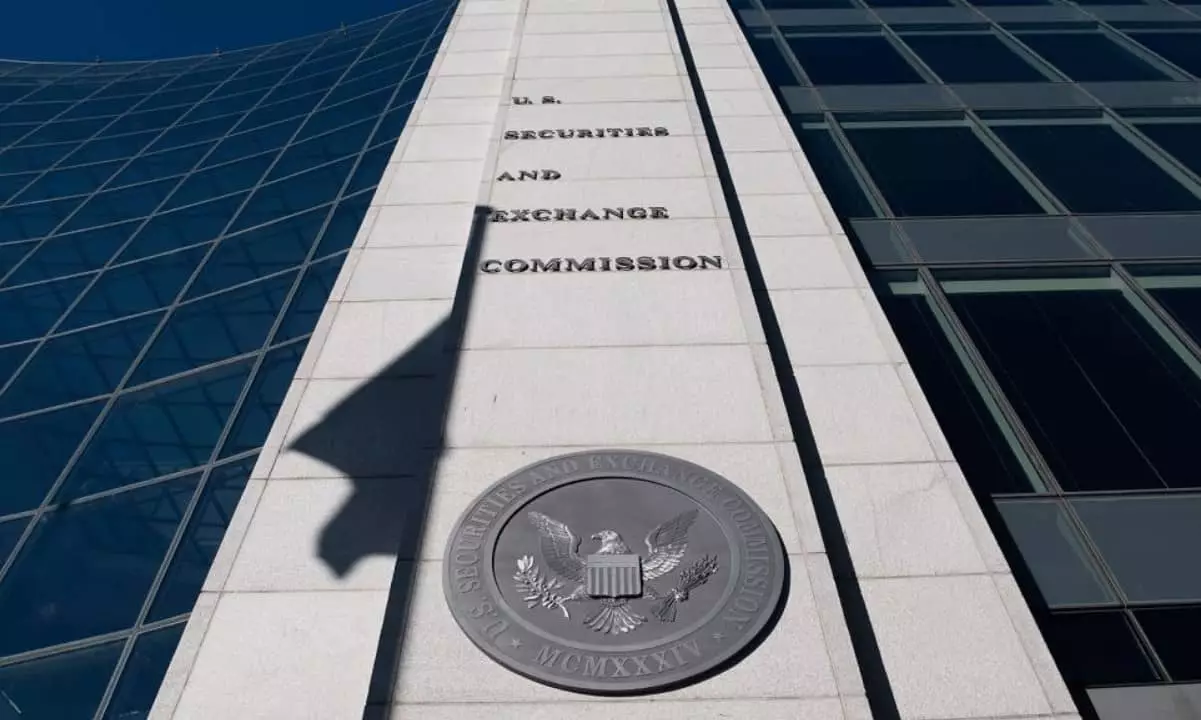The US Securities and Exchange Commission (SEC) has pushed back against Hex founder Richard Heart’s attempt to dismiss the $1 billion securities fraud lawsuit filed against him. The SEC filed an opposition brief in a New York federal court, arguing that Heart’s motion to dismiss does not adequately address the allegations in the complaint and disregards relevant legal standards. The SEC maintains that it has the authority to pursue the case, despite Heart’s argument that he resided abroad and had no presence in the US during the period in question.
According to the SEC’s official document, Heart promoted Hex as a crypto asset security, marketing it as a “blockchain certificate of deposit” with the promise of steady growth in token holdings through staking. Investors were lured in by promises of high returns and claims that Hex was the “highest appreciating asset ever,” resulting in a substantial investment of $678 million worth of ETH. However, the value of Hex plummeted by nearly 98.4% from its peak in July 2023. The SEC also raised concerns about Heart’s subsequent projects, PulseChain and PulseX, alleging that he raised millions by soliciting crypto assets for personal use rather than platform development.
The SEC accused Heart of funneling funds from PulseChain and PulseX for personal luxuries, such as expensive watches, cars, and extravagant purchases, rather than using the money for the projects’ intended purposes. To conceal these transactions, Heart allegedly transferred millions through various channels, misappropriating millions for personal expenses. Additionally, the SEC noted that PulseChain and PulseX failed to launch as promised, casting doubt on Heart’s credibility and highlighting the discrepancy between his marketing claims and the actual outcomes of the projects.
Targeting US Investors
The SEC emphasized that Heart’s marketing efforts were heavily focused on US investors, citing his appearances at conferences in Las Vegas and interviews on US-based podcasts as evidence of his connection to the US market. These engagements, along with the substantial investment from US investors, underscore the relevance of the case to US regulatory oversight. Despite Heart’s arguments that the SEC’s case infringes on his free speech rights, the SEC remains steadfast in its pursuit of justice and accountability in the securities fraud lawsuit.

